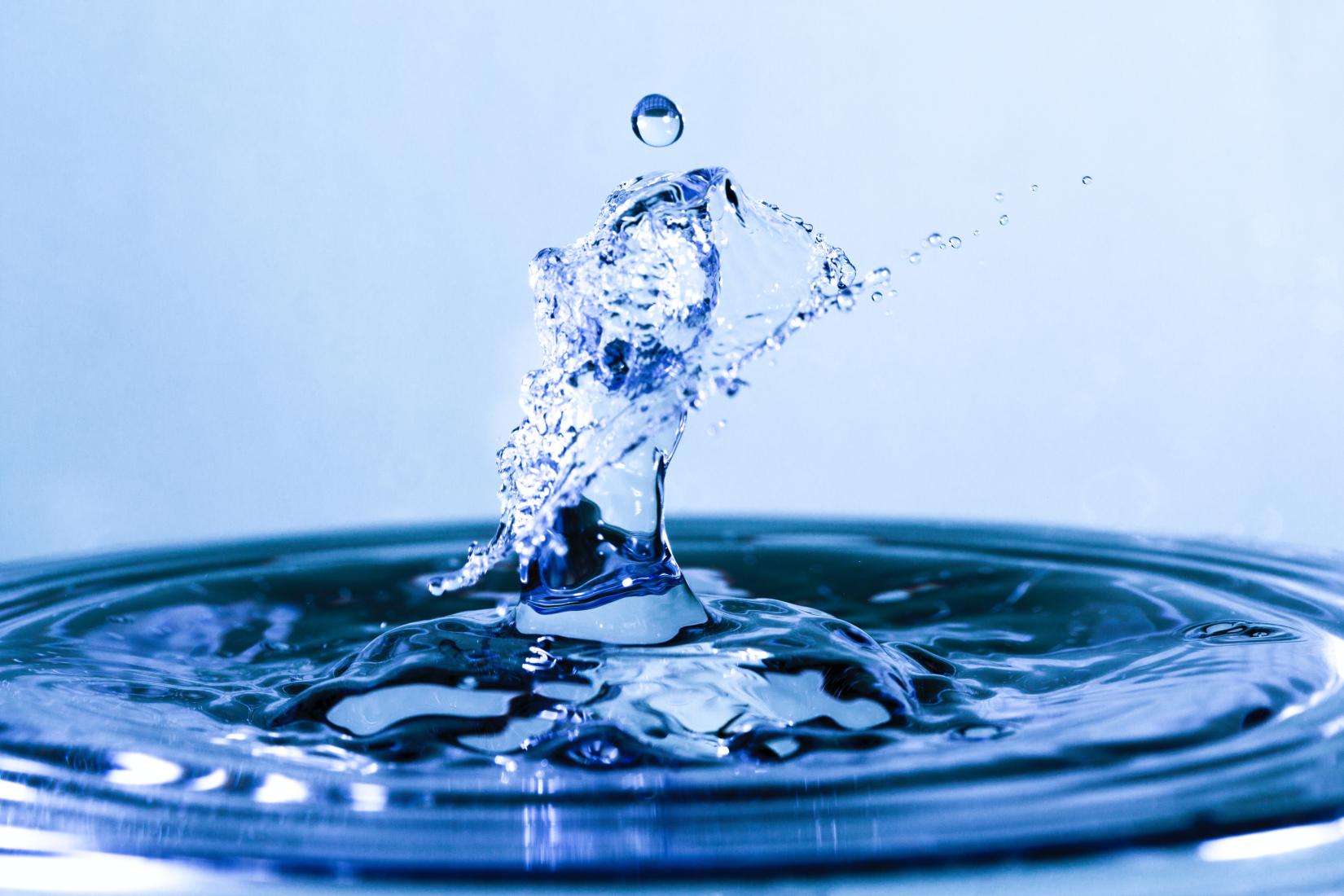Making a change “drop by drop” | UNDP World Water Day Op-Ed
22 March 2023

When we think about climate change in the Caribbean, more intense storms and hurricanes come to mind.
While the devastating effects of these natural hazards to lives and livelihoods is at the forefront, a less spoken about impact is the region’s ability to maintain a consistent water supply. The higher variability of the climate has led to significant changes in weather patterns leading to increased occurrence of droughts and shifts in the timing of wet and dry seasons. These changing weather patterns, paired with poor land-use management has resulted in the change or loss of habitats and ecosystems. Some permanent streams and freshwater ponds are disappearing, as are the ecosystems that depend on them. In some instances, fresh water is dependent upon desalinization. In the past, the natural habitat supported a secure and safe supply of fresh water. Currently in the region, access to reliable water sources is becoming increasingly challenging.
This World Water Day, the UN is focussing on positive ways to use and manage water. Rainwater capture and storage for domestic and agricultural use is a nature-positive way to address the issue, and when combined with ecosystem restoration it can have biodiversity co-benefits. Using this method, in the UNDP Barbados and the Eastern Caribbean will be working with with vulnerable communities in the islands of Grenada, Saint Lucia and Saint Vincent and the Grenadines to increase access to secure, nature-friendly water supplies and to enhance ecosystem conservation for improved water resources management, both in communities and at the governance level. And while this sub-regional project, supported by the Government of Canada, will provide high level technical assistance and capacity development to national stakeholders, there are small ways that each and every person can take action in their own lives to conserve and manage water.
Barbados also relies on rainwater to replenish its ground water supply, and as one of the most water-scarce countries in the world, Barbados also experiences the impacts in irregular water supply. While we cannot change the climate, we can adjust our behaviour to conserve water and promote better water management practices. The global campaign, “Be the change”, encourages people to take action in own lives to change the way we all use, consume and manage water.
The campaign is inspired by the hummingbird from an ancient story which originated with the Quechua people in Peru. In the story, the forest has caught on fire and the little hummingbird flies back and forth from the lake bring water in an attempt to extinguish the flames. The other animals laugh at the hummingbird stating that she will never be able to stop the fire, to which she responds, “I am doing what I can.”
So what can we do? As individuals, we may not be able to make a giant impact alone, but if we do what little we can, our collective efforts can effect change. This World Water Day is about accelerating change to solve the water and sanitation crisis. Water affects us all, and taking inspiration from the hummingbird in the story, we can all take action to be the change we need.
For more information on World Water Day and how you can make small changes to help visit https://www.unwater.org/bethechange. For more information on how UNDP is working to promote water resilience in the Caribbean visit www.undp.org/Barbados.





